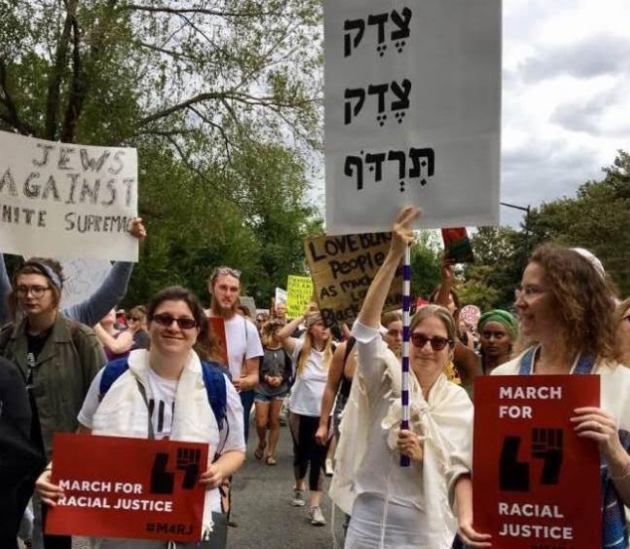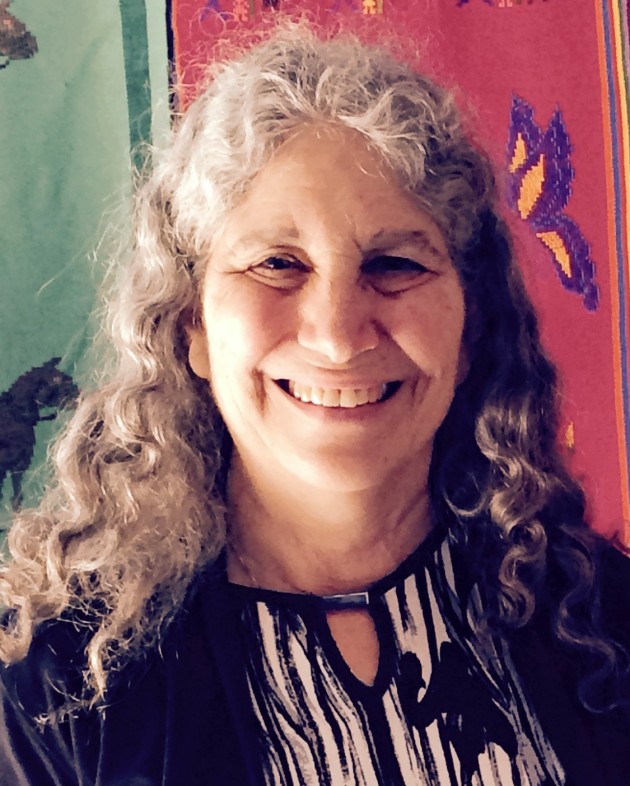Author Archives: Betsy Teutsch
March 19, 2018 by Betsy Teutsch
Passover, Food Insecurity, and a Silo of Justice
Soon it will be Passover, time to rid our cupboards of accumulated foodstuffs and eradicate anything with leavening.
This past year, I have been immersed in writing a follow-up to my original book on poverty-reducing technology. The new volume focuses exclusively on tools for reducing postharvest food losses. In the developing world, 800 million people are food insecure, but about 40% of food grown and harvested goes to waste en route to the table. A myriad of infrastructural deficits contribute, a major culprit being inadequate storage facilities.
Just when we are at the end of winter, moving into spring, we gear up and get rid of our excess leavened food. But for way too many families on the planet, this in-between time has another name: Hunger Season. No need to clean out the pantry. There is no food there.
- No Comments
October 3, 2017 by Betsy Teutsch
Marching for Racial Justice on Yom Kippur

Photo credit: Susan Wasserkrug. The “tzedek, tzedek tirdof” was created by Lynna Schaefer. Carrying the red sign on the left: Rabbi Amber Powers. Carrying the Tsedek sign: Betsy Teutsch. Carrying the red sign on the right, Lynna Schaefer
Ironically, I heard about the March for Racial Justice via an explosion of disapproval and upset on the Sisters of Salaam Shalom Facebook group. Member after member expressed outrage that the march’s organizers had ignored Jewish needs when scheduling the march.* Learning that the march was sparked in response to the acquittal of Philando Castile’s killing by a police officer, streamed by his girlfriend sitting next to him in his car, I instantly decided to go.
Marching as a white Jewish ally to African-Americans traumatized by generations of systemic brutality struck me as a constructive, stirring way to observe Yom Kippur. September 30th was also the anniversary of the Elaine Massacre in 1919.
Full disclosure: After 40+ years of sitting in shul by my rabbi husband’s side on holidays and 52 shabbat mornings a year at our Minyan, Dorshei Derekh, I get pretty restless spending all day in shul on Yom Kippur. Opportunities to pray with my feet appeal to me.
Yes, Jews were allies in the Civil Rights era. But we can’t just rest on that cred. That was in my childhood—and I am 65 years old!
- 1 Comment
March 15, 2016 by Betsy Teutsch
My Fair Trade Lady: A Trip to Guatemala to Meet Judaica Creators
Why is Fair Trade a women’s issue? And why, furthermore, is it a Jewish women’s issue?
While women are routinely mocked for shopping ‘til we drop, there is truth in female shopper stereotypes: we are responsible for 85% of household purchases, even of products used by men. How do we Jewish women use our purchasing power for social good, raising our purchases from the merely material to mitzvah-territory?
The fair trade movement marries shopping to social justice, guaranteeing fair, reliable wages, gender equity, healthy working conditions, and environmental stewardship. By spending more to assure that the people who create our products are justly treated and compensated, we are following the edicts of Rambam. This famous scholar ranked tsedakah; buying fair trade is at the top, since it helps the poor escape destitution. When I first explained the concept of fair trade coffee to my son Zach, he pointed out its opposite: “unfair trade”, where workers are squeezed and powerless.
This past February, I traveled to Guatemala with 10 other women and two men on Fair Trade Judaica’s annual trip visiting artisans who, remarkably, create beautiful Judaica. In fact, their Judaica lines have been so well received that the craftswomen are expanding them.
While many Jews have supported Fair Trade through their individual purchasing, Ilana Schatz created the Fair Trade Judaica movement. On a honeymoon trek to Nepal with her husband, David Lindgren, she shopped for a replacement for her worn-out tallit. She met a weaver whose work she loved and commissioned a new prayer shawl.

Ilana Schatz, founder of Fair Trade Judaica. Photo by Betsy Teutsch.
When she put it on back home in Berkeley, Schatz felt suffused by the spiritual connection to her tallit’s creator and the satisfaction of knowing her tallit helped the weaver support herself. Seven years later, Fair Trade Judaica has become a portal for fair trade Jewish ceremonial objects as well as outreach and education in the Jewish community about incorporating fair trade purchasing into our individual and communal practices.
- No Comments
 Please wait...
Please wait...